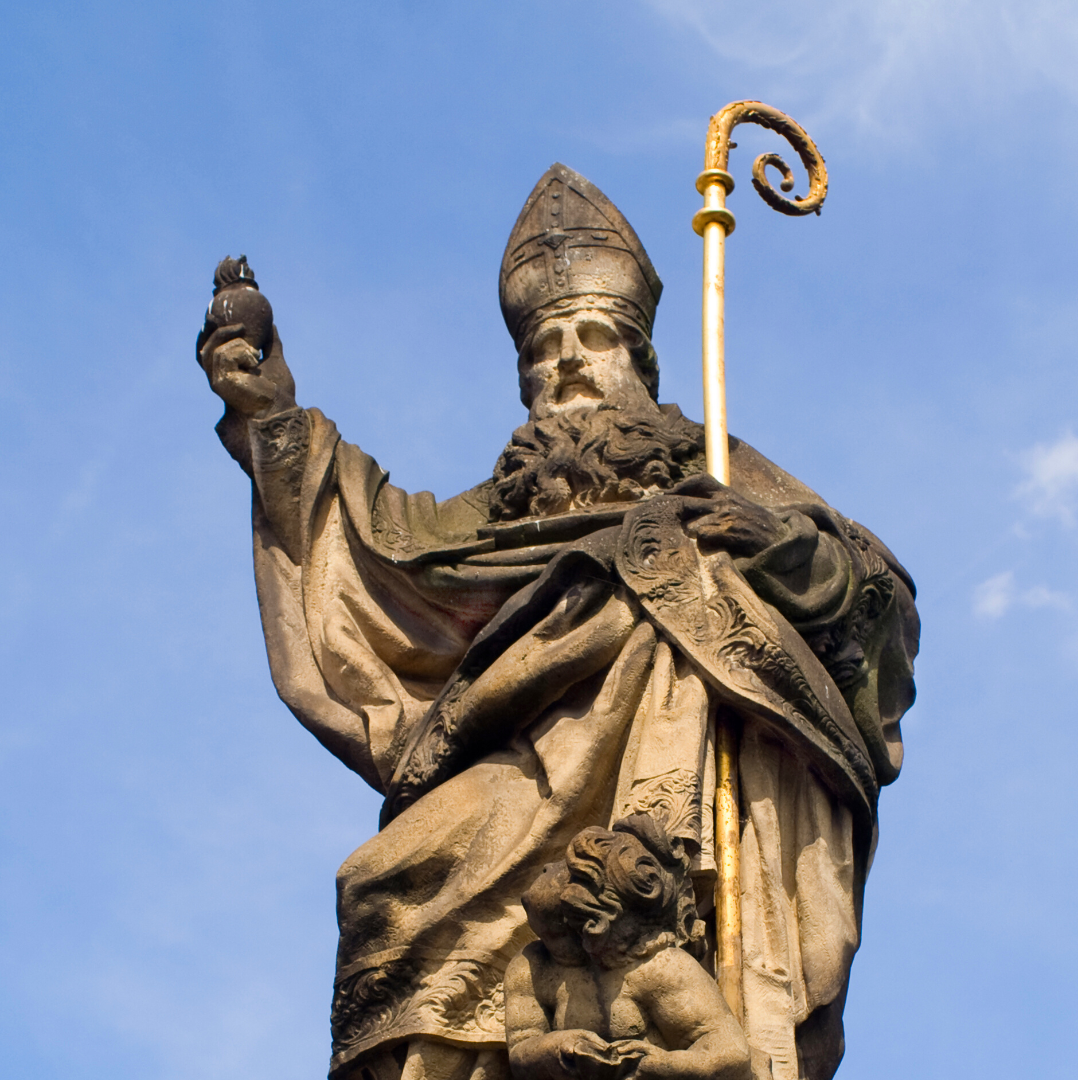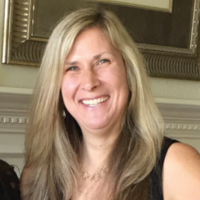
Susan Ciancio considers what we can learn about answered prayer from the stories of Saint Monica and her son, Saint Augustine.
Behind nearly every great son is a great mother. Lately, I’ve been thinking a lot about St. Monica and her son, St. Augustine. St. Monica prayed for many years for her wayward son, even following him to Italy when he tried to evade her.
As we know, God always hears our prayers. Yet He answers them in His time.
It took years for Augustine to change his ways and to follow Christ, but he eventually renounced his sinful life. He became a priest, then later a bishop, and finally one of the most famous Catholic theologians of all time.
As a young man, Augustine thought he could never live a pure life and be a “good” Christian, so his early attempts at it were feeble. We know that this pained him deeply, and he lamented over this inability. Catholic Online tells us that Augustine was troubled by the story of two men who were so moved by the teachings of St. Antony that they immediately converted. It troubled Augustine because he was ashamed—ashamed because he had not yet had that same experience. Purportedly he flung himself on the ground and cried out to God, “How long more, O Lord? Why does not this hour put an end to my sins?”
At that moment, he heard a child sing “Take up and read.” So Augustine opened a book containing the letters of St. Paul and read the first thing his eyes fell upon. In that letter, St. Paul said to imitate Jesus and put away all impurities. That was just the inspiration Augustine needed, and from that moment on, he changed his life.

We’re a lot like St. Augustine of the early days sometimes, aren’t we? It’s hard to always do the right thing. We falter. We sin. We despair. We pick ourselves up and try again. But then something happens, and we lose faith in ourselves. Sometimes we even lose faith in God.
Our Lord’s hand in St. Augustine’s life teaches us many important things. But most importantly, it teaches us about God’s infinite mercy. God is not a petulant child who is hurt so much by sin that He stamps his foot and walks away from us. He does not hold grudges when we hurt Him. He does not punish us by making bad things happen here on Earth. Yes, we deeply wound God by our sins. Yes, someday we will have to atone for them. But God will never leave us. He is here with us always, even when we think we don’t want Him. He is our one constant, and He tells us this repeatedly.
No matter what happens in life, no matter what we go through, He is always there. Whether we scorn Him, push Him away, or forget about Him, He remains. Not only is He simply there, but He is there with open arms to welcome us back.
St. Augustine once cried out to God, “Too late I have loved you.”
Let us pray—today and every day—that those are words we never have to utter. If you have fallen away, pick yourself up. If you are doing less than you should, do more. If you are diligently praying for someone or something, do not give up. Keep praying. God hears you, even when it doesn’t seem like He does.
Remember that St. Monica prayed for many, many years for the conversion of her son and for her husband as well. Her perseverance helped lead them to Christ.
We can all use Monica’s and Augustine’s examples to help build a culture of life. But we must persist in prayer, do good works, and have faith in Christ.
Our world today desperately needs the light of Christ, and using that light to foster a culture of life must start with each one of us. No one is unimportant. Everyone has a role to play. Like Augustine, we simply have to make the decision to let go of our sinful ways and be more like Christ. And like Monica, we must never stop praying.
God hears our prayers. Of that, we can be assured.

Copyright 2023 Susan Ciancio
Images: Canva
About the Author

Susan Ciancio
Susan Ciancio has a BA in psychology and a BA in sociology from the University of Notre Dame and a master’s in liberal studies from Indiana University. Since 2003, she has worked as a professional editor and writer. She is executive editor for the Culture of Life Studies Program and editor of ALL's Celebrate Life Magazine.


.png?width=1806&height=731&name=CatholicMom_hcfm_logo1_pos_871c_2728c%20(002).png)
Comments